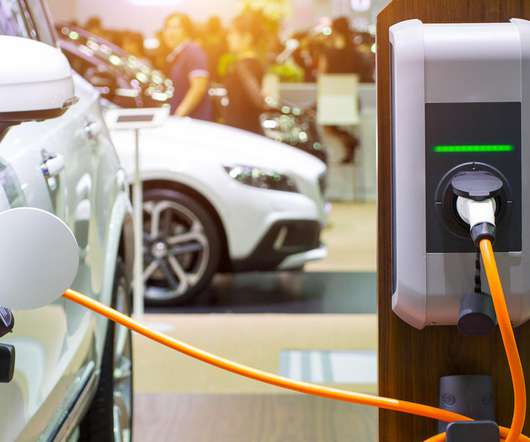Maersk sets net zero CO2 emission target by 2050
Green Car Congress
DECEMBER 6, 2018
of global CO2 emissions. Depending on future development, this could rise to 15% by 2050, according to a 2016 study by the Danish Shipowner’s Association (DSA) and UCL Energy Institute. We will invest significant resources for innovation and fleet technology to improve the technical and financial viability of decarbonized solutions.






































Let's personalize your content